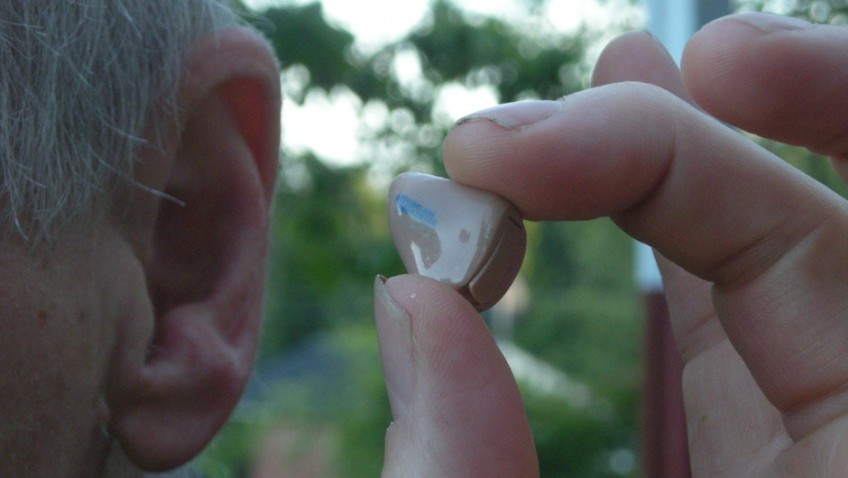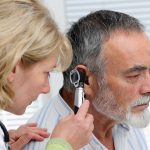Recent research shows that more than 800,000 people in the UK are severely or profoundly deaf and one in six of us suffer with some form of hearing loss. Deafness is on the rise in the UK, and it’s estimated that 14.5 million people will suffer with hearing loss by 2031.
More worrying is that we are ignoring our hearing health with 50% of us never having had a hearing test and a third claim their hearing is “not what it used to be”.
The signs of hearing loss can be subtle and emerge slowly; early signs of impairment can be significant and come about suddenly. Either way there are common indications and you should have a hearing test if you experience any of the following signs:
Socially you:
- require frequent repetition.
- have difficulty following conversations involving more than 2 people.
- think that other people sound muffled or that they’re mumbling.
- have difficulty hearing in noisy situations, like conferences, restaurants, malls, or crowded meeting rooms.
- have trouble hearing children and women.
- have your TV or radio turned up to a high volume.
- answer or respond inappropriately in conversations.
- have ringing in your ears.
- read lips or more intently watch people’s faces when they speak with you.
Emotionally you:
- feel stressed out from straining to hear what others are saying.
- feel annoyed at other people because you can’t hear or understand them.
- feel embarrassed to meet new people, or about mis-understanding what others are saying.
- feel nervous about trying to hear and understand in conversations.
- withdraw from social situations that you once enjoyed because of difficulty hearing.
Medically you:
- have a family history of hearing loss.
- take medications that may harm the hearing system (ototoxic drugs).
- have diabetes, heart, circulation or thyroid problems.
- have been exposed to very loud sounds over a long period or single exposure to explosive noise.
The wonders of new technology
These days having to wear a hearing aid is no longer the stigma that it used to be when large earpieces were obvious and the wearer an object of derision. The prime example was the elderly female guest in Fawlty Towers, who was always reluctant to wear out her battery by using her hearing aid.
Discrete devices that are often only perceptible to the wearer have opened up whole new worlds of hearing to sufferers. This new generation of aids can be seen and tried at the many places you can go to have a free hearing test, and development is fast continuing.
Researchers at the University of Stirling are working on a hearing aid which can ‘see’. Designed to help users in noisy environments, the device will use a miniaturised camera that can lip read, process information in real time, and seamlessly fuse and switch between audio and visual cues.
Staff at Strathclyde University have studied the way a fly hears to develop what is claimed to be a revolutionary hearing aid design involving multi-directional microphone technology.
Ground-breaking research with the MRC/CSO Institute for Hearing Research (IHR) Section at the Glasgow Royal Infirmary will test an innovative design using a miniature directional microphone – similar to the ear of an insect.
“We aim to solve the problem using a new type of miniature directional microphone, inspired by how some insects hear sounds.” says Dr James Windmill, of the Centre for Ultrasonic Engineering.
“We will be able to evaluate the problems caused by the distance from which a sound emanates, for example how to separate a sound from a loud source far away, like a train or plane, from a quiet sound from nearby, like a human voice.”
The technology surrounding hearing aids nowadays has become so advanced and successful in satisfying people’s daily hearing needs it can be difficult to compare devices. Tests can be carried out to determine the cause of your hearing loss, its relative degree, how it is affecting you in your daily life and interaction with others, which takes into account your lifestyle requirements.
So there is no need to feel isolated by poor hearing: take a hearing test and open your ears to a better life.





